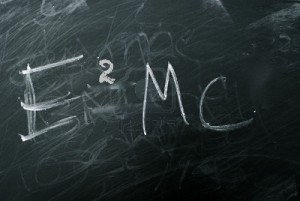January 9, 2013
by Adrian J Ivakhiv
2 Comments

We live in a different world than did previous generations of humanity. Billions of humans can access a vast ocean of information at their fingertips. Digital media have helped construct a sphere of thickly networked, hypermediate, and interactive communication links that span all levels of human society around the globe.
How do these new media environments affect and interact with the social and biophysical environments that preceded them, and that continue to undergird them?
The concept of “media ecology” is not new. From the medium theories of Harold Innis, Marshall McLuhan, Walter Ong, and Neil Postman to the media ecologies of Felix Guattari, Matthew Fuller, Jussi Parikka, and others; from the “mental environmentalism” of Adbusters and other culture jammers to the “cultural environmentalism” of public domain defenders like James Boyle and Lawrence Lessig — understandings of media as ecologies and of ecology as mediated converge in many ways today.
We are beyond the old debates between the caffeinated cyberoptimism of the digerati and the anti-technology pessimism of the Heideggers, Elluls, and Zerzans. But that doesn’t mean we aren’t precariously poised over the abyss. Ecological calamity stares us in the face, and we need some kind of new “natural contract” with the planet, as philosopher Michel Serres has called for. How can digital media help us get there?
e2mc seeks to explore the relationships between media and ecologies: material, social, and perceptual ecologies within which mediations play an increasingly powerful, complex, and transformative role. It is devoted to the idea of “evolving ecological media culture”: an evolution of a media culture that is cognizant of its multiple ecological contours and connections.
e2mc begins as an experiment, a class exercise for ENVS 204 “Media Ecologies and Cultural Politics,” a senior undergraduate class at the University of Vermont. But it will not limit itself to traditional pedagogical constraints. Where it leads we will see. We invite any and all to share in the adventure.

